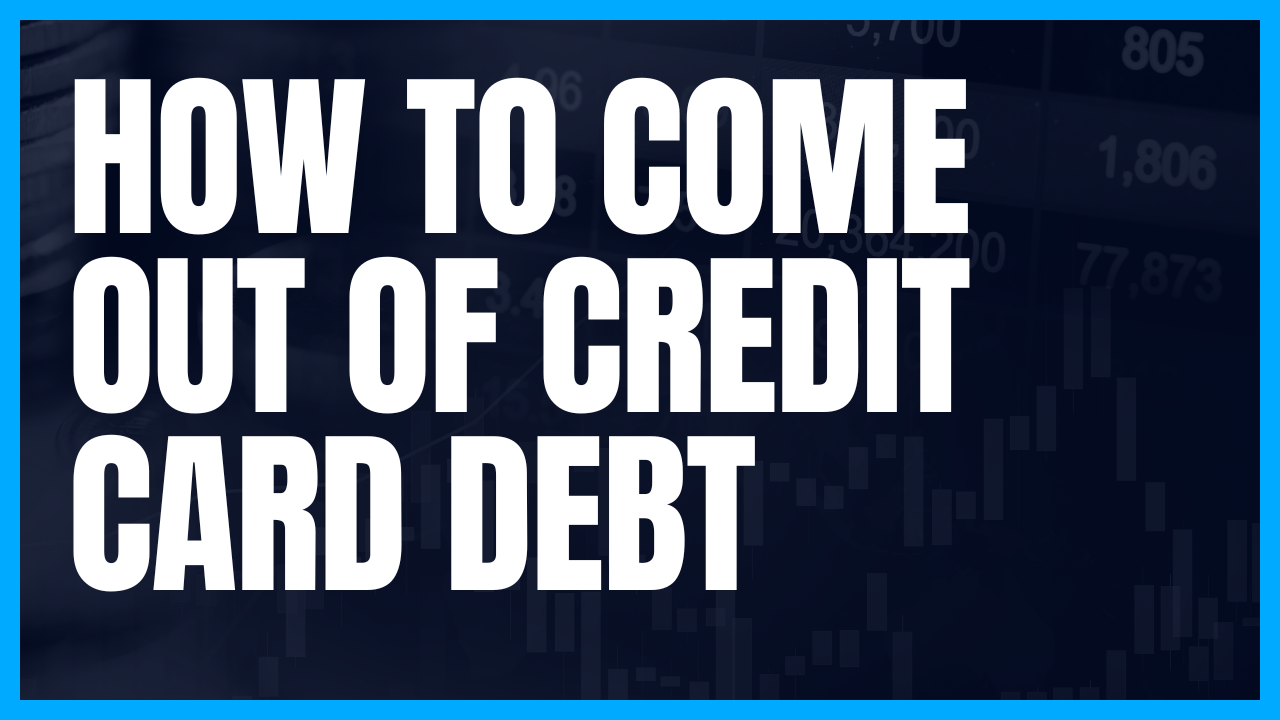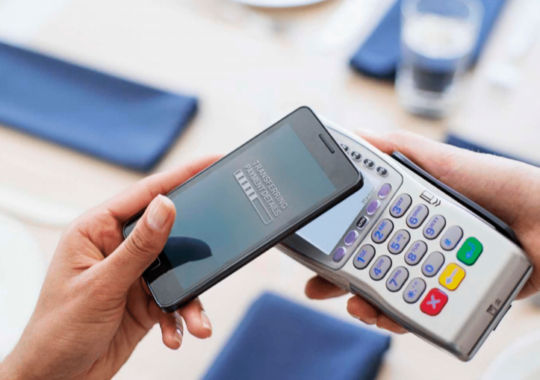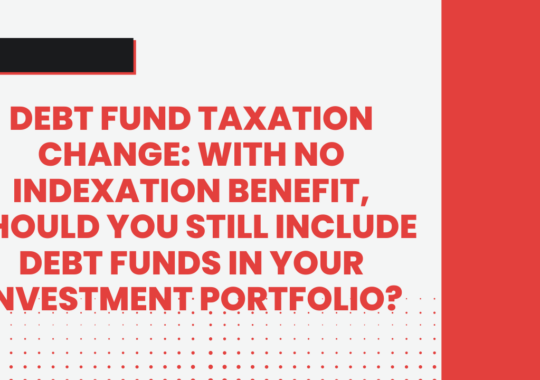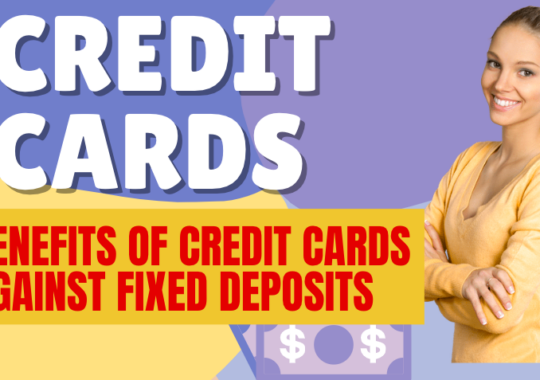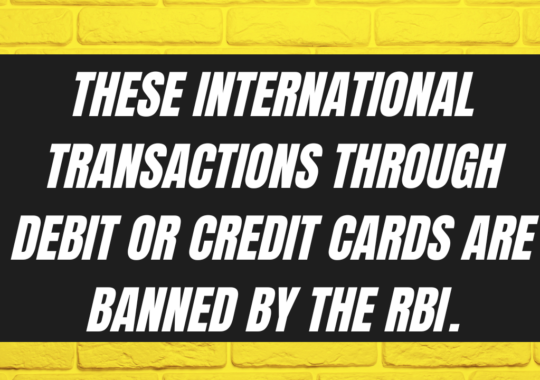To successfully come out of credit card debt, it’s important to develop a comprehensive strategy. Start by creating a budget to track your expenses and identify areas where you can cut back. Prioritize your debts and consider paying off the ones with higher interest rates first. Explore options like balance transfers to consolidate your debt onto a card with a lower interest rate. Increase your income by taking up a side gig or negotiating a raise at work. Finally, practice discipline by avoiding unnecessary purchases and consistently making payments towards your debt.
Create a Budget and Track Expenses
Creating a budget and tracking expenses is a crucial step in coming out of credit card debt. Start by evaluating your income and categorizing your expenses into essential (e.g., housing, food, utilities) and discretionary (e.g., entertainment, dining out). Set realistic spending limits for each category and stick to them. Use online budgeting tools or apps to monitor your expenses and identify areas where you can cut back. By having a clear understanding of your financial inflows and outflows, you can better allocate funds towards paying off your credit card debt.
Prioritize and Pay Off High-Interest Debts First
Prioritizing and paying off high-interest debts first is a key strategy to tackle credit card debt effectively. Start by listing all your credit card debts and their respective interest rates. Identify the debt with the highest interest rate, as this is costing you the most money over time. Allocate as much extra money as possible towards paying off this debt while making minimum payments on other debts. Once the highest-interest debt is cleared, move on to the next one on the list. By targeting high-interest debts first, you can reduce the overall interest you pay and accelerate your journey towards becoming debt-free.
Consider Balance Transfers and Debt Consolidation
Consider balance transfers and debt consolidation as potential solutions to manage credit card debt. Balance transfers involve transferring your high-interest credit card balances to a new credit card with a lower or zero introductory interest rate. This can provide temporary relief from high interest charges and allow you to focus on paying off the principal amount. However, be mindful of any balance transfer fees and the duration of the promotional interest rate.
Debt consolidation involves combining multiple debts into a single loan or line of credit. This can simplify your repayment process and potentially lower your interest rate. Explore options like personal loans or home equity loans to consolidate your credit card debt. Remember to compare interest rates, fees, and repayment terms before choosing a consolidation method.
Before opting for either option, carefully assess your financial situation and weigh the pros and cons. Consider your credit score, eligibility, and any potential impact on your overall debt management strategy.
Increase Income through Side Gigs or Negotiating a Raise
Increasing your income through side gigs or negotiating a raise can provide additional financial resources to pay off credit card debt more effectively. Consider taking on a side gig or freelancing job that aligns with your skills and interests. This could involve offering services online, tutoring, or participating in the gig economy. The extra income generated from these endeavors can be allocated towards debt repayment.
Additionally, evaluate the possibility of negotiating a raise at your current job. Prepare a compelling case by highlighting your accomplishments, skills, and contributions to the company. Research salary benchmarks for your role and industry to support your negotiation. Demonstrating your value to the organization can increase your chances of receiving a raise, providing you with a higher income to allocate towards debt reduction.
Remember to strike a balance between your main job and any additional work to avoid burnout and maintain your overall well-being.
Practice Discipline and Avoid Unnecessary Purchases
Practicing discipline and avoiding unnecessary purchases is crucial when coming out of credit card debt. It requires a conscious effort to differentiate between needs and wants. Before making any purchase, ask yourself if it is essential or if it can be postponed. Implement a “wait and evaluate” approach, giving yourself time to consider the necessity and affordability of the item.
To avoid impulsive buying, create a shopping list and stick to it. Avoid tempting situations by unsubscribing from retail newsletters and avoiding online shopping platforms. Instead, focus on activities that don’t involve spending money, such as exercising, reading, or spending time with loved ones.
Also Read:
- Investment Taxation: Understanding Capital Gains, Dividends, and More
- The Impact Of Inflation On Investments
- What is the safest way to reduce investment risk?
- What are the major four assets of an investor portfolio?
